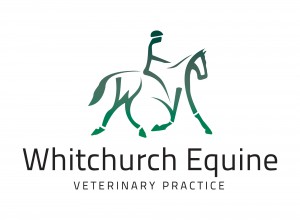EQUINE INFECTIOUS ANAEMIA diagnosed in Cornwall
Equine Infectious Anaemia is a virus disease of horses causing intermittent fever, anaemia, emaciation and death. It is transmitted normally is through large biting flies such as horseflies or stable flies.
It’s a rare condition and the last case of EIA in the UK was confirmed in September 2010.
Transmission of the disease may occur where there are adult flies of this type in proximity to infected horses. The adult flies are usually active between May and October, with activity peaking in July-August. The flies normally travel no more than 200m to feed so it is very unlikely infected flies to spread far from the point of an infected horse. It can also be spread by procedures that might result in transmission of small amounts of blood from an infected horse to penetrate the skin of another horse.
The incubation period is variable, from a matter of days to a few months but generally one to three weeks. It can be fatal for horses but even if a horse recovers it remains infectious for life [which is why it is important to destroy animal infected with the condition]. It is a notifiable disease and if suspected must be reported to a vet.
For further information, please visit the Equine Infectious Anaemia pages on the Defra website at http://archive.defra.gov.uk/foodfarm/farmanimal/diseases/atoz/eia/

